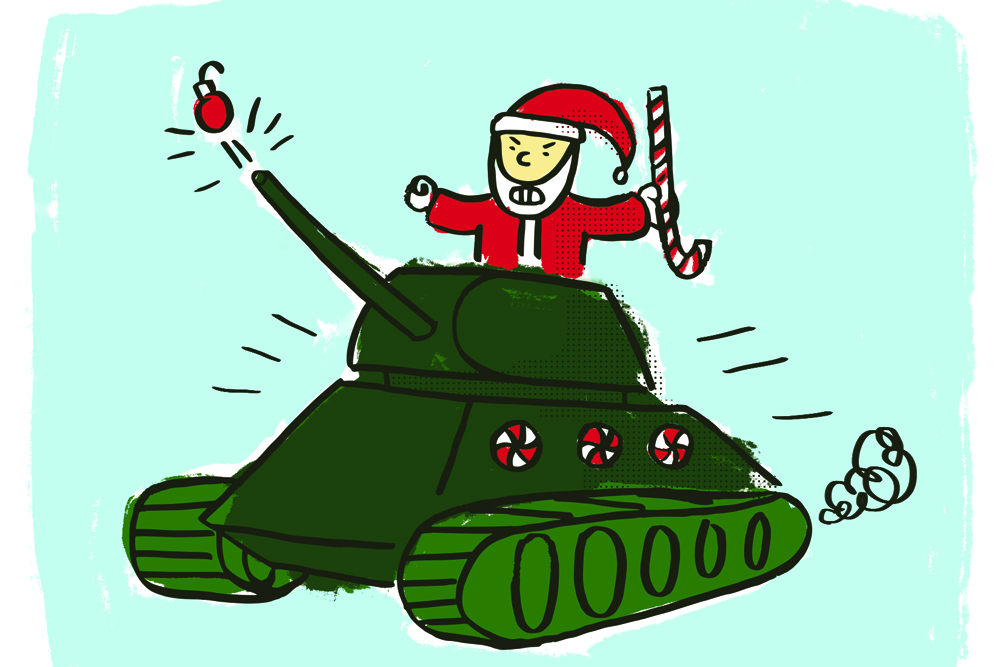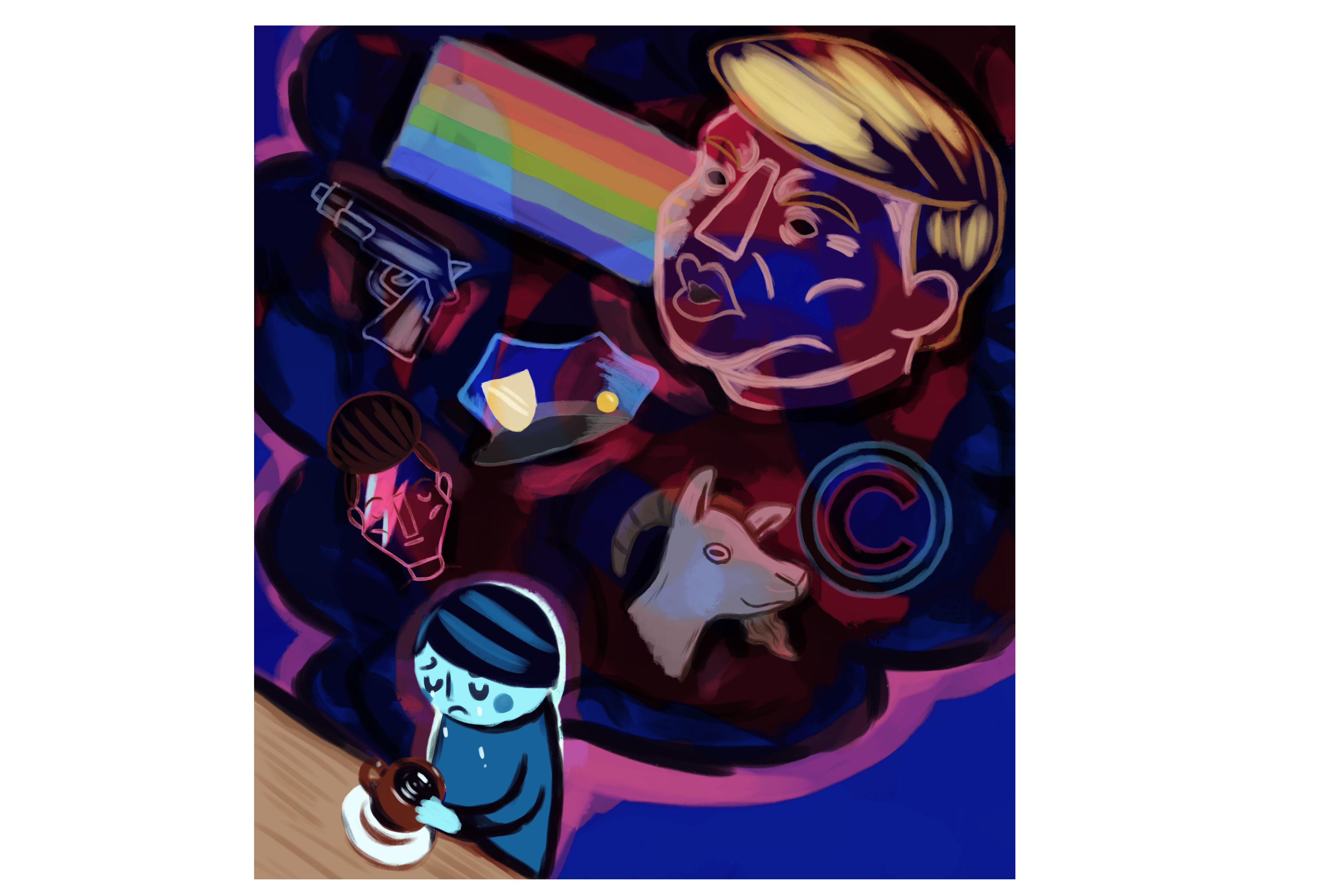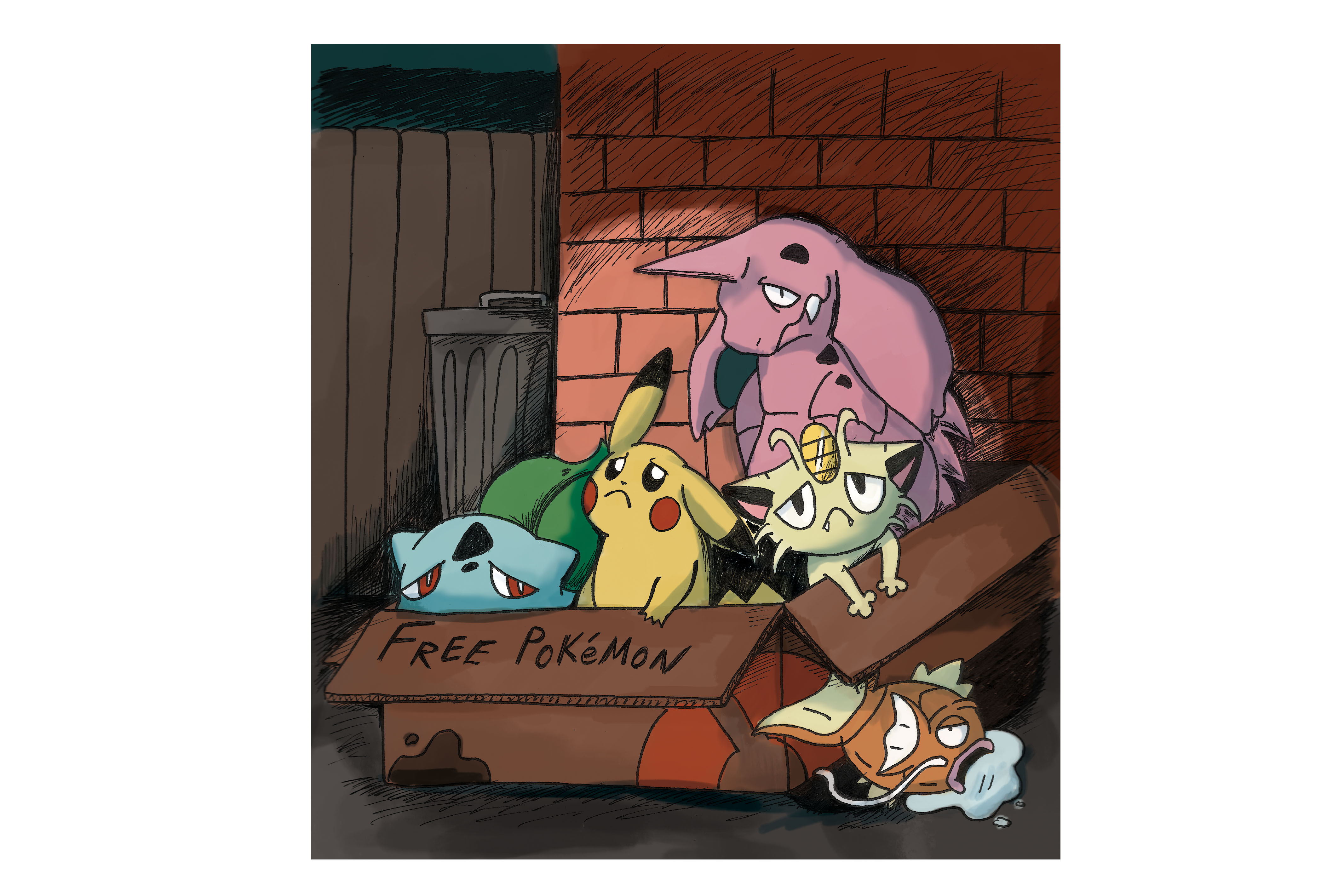Another holiday season has come and gone. The new year is now in full swing, providing some much-needed space for sober reflection on the events of the past year, particularly regarding the ongoing war on Christmas. What began as a series of small skirmishes has escalated to a full-scale war, one in which we continue to lose ground against the horde of Yuletide forces. I would like to illustrate my point with an anecdote from winter break.
While I was home for the holidays these last few weeks, gathered around the luminous glow of the television with family and a mug of hot cocoa, I saw a commercial for Macy’s “after-Christmas” sale.
I paused.
I quickly looked at the date on my phone: December 21. Why was there an “after-Christmas” sale four days before Christmas? Where had it come from? And wasn’t there an actual Christmas sale going on too? These questions led to further questions: Would they be merged into one homogeneous sale, or would they be separate and distinct? And which sale would take priority during Dec. 21–25, the Christmas sale or the after-Christmas sale?
These questions were not answered in the brief 30-second advertising slot. But it was clear that this amounted to another counteroffensive in the annual war on Christmas. I realized that this had gone on long enough. What have we been doing wrong? And is there a way to stop it? At that moment it was clear: Now, more than ever, we must do whatever it takes to destroy this holiday season once and for all.
It is no secret that other holidays—and, increasingly, entire seasons—have been losing ground to Christmas. What has been dubbed the “war on Christmas”—also known as the “war of holiday aggression,” to some—has, for the past two decades, been waged against an increasingly invasive and belligerent Yuletide. The Christmas season has annexed territories from Thanksgiving and Halloween. Reports indicate that Christmas has reached as far as the outer reaches of September. At this rate, it may reach August by 2017.
Sure, we have had victories, the most notable (and notorious) being the removal of any and all “holiday” symbols from this year’s disposable Starbucks cup. Every snowflake, snowman, pine tree: gone. It was as if the Grinch himself had descended from Mount Crumpit to take every last trace of holiday cheer, leaving only a barren red cylinder in its place.
We have, in one stroke, transformed the respectable, holiday-themed coffee cups into the disreputable red Solo cup of beer-pong infamy. It was a resounding victory, to be sure. But the Christmas season continues to advance.
What is to be done? It seems that every year, the war on Christmas drifts further and further from its stated mission. Does anyone even know there is a war on Christmas? This may sound like a strange question to those of us waging it year after year. “Of course there is a war on Christmas,” you say. “What have we been fighting for this entire time?”
And yet in every news report I have seen covering the topic, the focus is always on the fact that there is a war on Christmas. Its mere existence is the entire story, usually phrased as a question. For example, a recent Google search turns up an article titled, “Is There a War on Christmas?” If we apply the same logic to other wars, the problem becomes immediately clear.
Imagine reading an article in 1945 entitled, “Is There a War in the South Pacific?” Of course there was a war in the South Pacific. Everybody knew there was a war in the South Pacific: That’s why newspapers focused on things like how to win the war and how the war was actually going in the South Pacific. That there was a war was common knowledge. Nobody had to be reminded that it was happening.
Is this media blackout a deliberate strategy to marginalize the resistance? Some people certainly think so. Morale already appears to be on the wane: The war on Christmas is regarded by many to be an unwinnable quagmire similar to the war in Iraq. It is no coincidence that the present-day war on Christmas roughly lines up with the United States’ “war on terror.” Both have their modern origins in the early 2000s during the Bush administration. And both are potentially unwinnable wars against America’s enemies, foreign and domestic.
This leads us to the question: What now? What should our next move be? Do we opt for a “surge” in the hopes that we can finally break through our current impasse and achieve victory? Is victory even possible under current conditions? Or do we stand aside for the time being in the hopes that the Christmas-industrial complex will collapse beneath its own weight? Rome did not last forever, nor did the British Empire of the 19th century, when it controlled 25 percent of the globe.
Christmas may shrink back to its pre-1990 boundaries at some point in the future due to imperial overreach and the exhaustive, unsustainable conditions of colonizing so much of the calendar year. And yet nothing is certain. Christmas has not won the holidays yet. What we need, now more than ever, is to strengthen our resolve for 2016 to finally defeat, once and for all, the Yuletide forces that threaten the health and safety of all holidays throughout the year.






